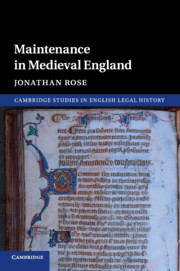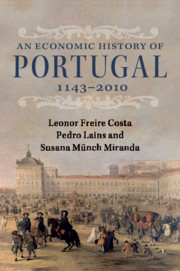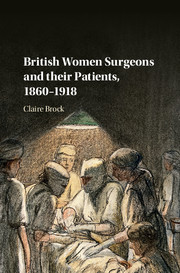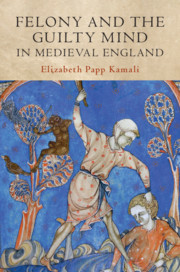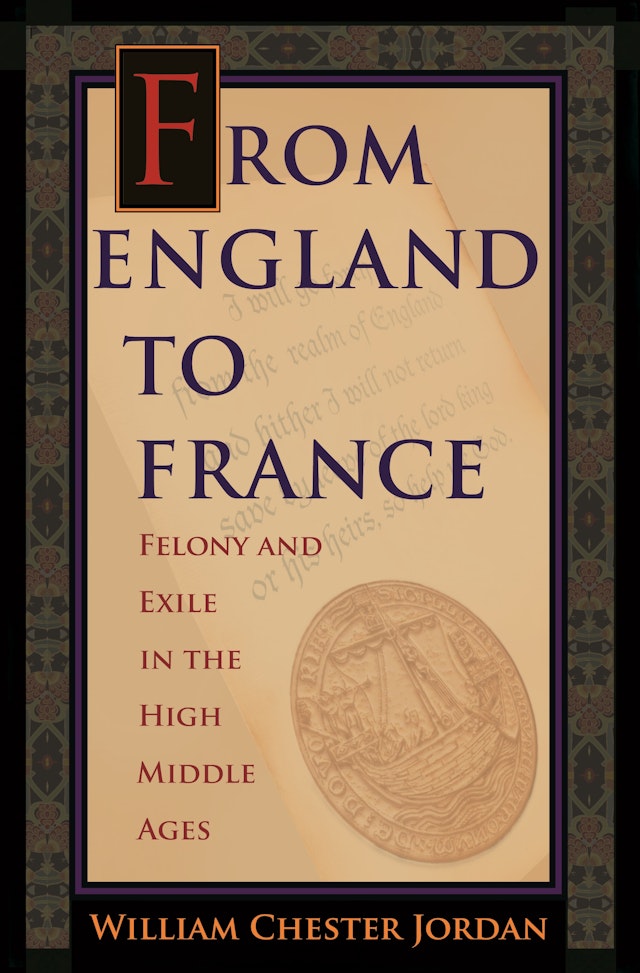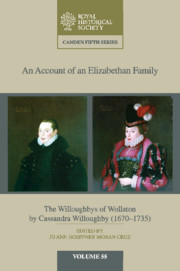Historical mystery fiction set in the time of the wars of the Roses. This time, from the POV of
Margaret Beaufort, mother of the future Henry VII - which makes a nice change. Usually we read only from the Yorkist side wherein the Lancastrians are often portrayed as the villains (being a bit of a Yorkist myself - and so they should!).
At this particular point of history, Margaret is married to the ailing Sir Henry Stafford (her third husband), the battle of Tewkesbury (May 1471) witnessed the death of Prince Edward, son of Henry VI and many leading Lancastrian nobles (including Henry VI himself as a consequence), and cemented the position of the House of York upon the throne of England. Margaret's son Henry Tudor has fled abroad in exile, and Margaret is still viewed with great suspicion by the Yorkists despite outwardly giving no signs of rebellion or treason. But all the while, she sits quietly plotting the the triumphant return of her son and the shining hope of the Lancastrian cause.
However, this story was slow going and again characters pop in who you are never too sure are there simply to fill the page or are actually relevant to the story. Another annoying thing is the repetition of story-telling, first by one character and then another all in the space of a few pages.
I lost interest to be quite honest, and skipped through to the end - where I finally found something of interest - the character of Christopher Urswicke - or as Doherty calls him - "the founder of the British Secret Service". Now had that been at the start .......
I gave this two stars on
Goodreads - the second star is because of this last remark which has sent me off on the trail of Urswicke. Obviously, Doherty plans many more in this series and intends to flesh out the character of Urwiske, but as I have no intention of continuing with the series, here's a little about the man himself - Urswicke that is ...
Who Was Christopher Urswicke?
Christopher Urswicke (1448 – 1522) was a priest and confessor of Margaret Beaufort. He was Rector of Puttenham, Hertfordshire, and later Dean of Windsor. Urswicke is thought to have acted as a go-between in the plotting to place her son Henry VII of England on the throne (c.1483 - 1485). This in itself is suggestive of a protagonist in medieval mystery.
There is very little known of the early activities of Christopher Urswicke. He often said to have been the son of Sir Thomas, Recorder of London and Chief baron of the Exchequer, who during the various battles of the wars of the roses ".. made himself conspicuous by his tact and cunning in aiding the cause of the Yorkist faction.." (and this is the path Doherty takes). However, from the looks of things, he was actually the son of one John Urswicke, a lay brother of Furness Abbey. He was educated at Cambridge and ordained (1468). Sometime following this, or even before, he came to the attention of Margaret Beaufort and her son Henry Tudor, most probably through the Stanleys. Even this introduction is shrouded in mystery as Margaret will not take Thomas Stanley as her fourth husband until 1472!
These are the events that have preceded and have taken us up to our current storyline.
I will go out on a limb here and suggest Urswicke's appointment as confessor to Margaret did not occur until after this time. There are references to his being in Rome in 1480 / 1481 and then coming to the attention of Margaret who became his patron for the remainder of her life; she presented him in 1482 to his first living - Puttenham, Huntingdonshire - and made him her chaplain and confessor. It has been suggested that the family had a long association with the Stanleys and / or that Dr Lewis Caerleon, Margaret's physician may have been responsible for the introduction. Because she sought to overthrow Richard III in favor of her exiled son, Margaret needed able and discreet servants; accordingly, she took Urswicke into her household as her confessor and secretary.
Margaret apparently involved Urswicke in the negotiations between herself and John Morton, then bishop of Ely, designed to lead to the marriage of her son, the future Henry VII to Elizabeth of York (1484). After helping save Henry's life, Having helped save the earl’s life, Urswicke became his confessor, advisor, and confidential agent. Urswicke remained with Henry, and was with him in Wales when Henry was gathering troops against Richard III.
Urswicke flourished under Hnery VII and was rewarded with the prebend of St Stephen's and later to the influential position of king's clerk and almoner. He was subsequently granted other benefices, offices, and prebends. Urswicke was also involved with Roderigo de Puebla in the negotiating the Treaty of Medina del Campo that was signed on 27th March 1489. It established a common policy towards France, reduced tariffs between the two countries and agreed a marriage contract between Prince Arthur and Catherine of Aragon and also established a dowry for Catherine of 200,000 crowns.
Urswicke represented Henry VII in Rome in 1493 and met with Emperor Maximilian I in 1496. Later that year he was appointed Dean of Windsor. Urswicke was with Henry when he was poor health in the early months of 1509.
Urswicke began to slowly retire from life at court by the early 1500s and dedicated most of his time to independent projects, such as the rebuilding of St. Augustine's, where he would ultimately die. Amongst Urswicke's friends were the well-known humanists Thomas More and Erasmus, and he supplied valuable information on Richard III to More and Polydore Virgil, both of whom wrote about the former king.
Christopher Urswicke was all but erased from the text of Vergil's Anglica historia sometime after 1513. Evidence of his part in the dissemination of literature that Henry VIII's court (and court historian) could have considered subversive may account for Urswicke's disappearance as well as illustrate some clerical reactions to early Tudor anticlerical sentiment.
All in all, Urswicke remained a loyal servant to both Henry VII and his son and successor, Henry VIII, until the day he died (21.03.1522).
Who was Reginald Bray..?
Reginald Bray (1440 - 1503), Urswicke's contemporary in Margaret Beaufort's household, played a vital role in organizing Buckingham's rebellion against Richard III during the last phase of the civil wars (1483–1487) and later became one of the most active and trusted ministers of Henry VII.

Bray began his career as receiver-general for Sir Henry Stafford, second husband of Margaret Beaufort, mother of the future Henry VII. After Stafford’s death in 1471, Bray continued to serve Lady Margaret as steward. In 1483, Bray acted as go-between for Margaret and John Morton, bishop of Ely, who was then engaged in drawing his jailer, Henry Stafford, duke of Buckingham, into the conspiracy being formed to dethrone Richard III in favor of Margaret’s son, Henry Tudor, earl of Richmond. Bray also raised much-needed funds for Richmond and won several key gentlemen to the earl’s cause, including Giles Daubeney and Richard Guildford.
After the failure of Buckingham’s Rebellion in October 1483, Bray was pardoned by Richard III, but continued to support Henry Tudorand may have gone into exile with him in France. Knighted after the Battle of Bosworth in 1485, Bray was quickly named chancellor of the Duchy of Lancaster and knight of the body. Appointed a member of the Council, Bray held various financial and administrative positions, sat in numerous Parliaments, and served on over 100 commissions. Bray’s record of loyal service to Margaret Beaufort made him a member of Henry VII’s inner circle of advisors, especially in matters of finance. Bray was responsible for the financial provisions that made possible construction of Henry VII’s chapel at Westminster and his renovations of St. George’s chapel at Windsor. He would be created a Knight of the Garter. Bray died in August 1503.
further reading:
![The Leopard and the Lily by [Bowen, Marjorie]](https://images-fe.ssl-images-amazon.com/images/I/51V5x5LxcmL._SY346_.jpg)



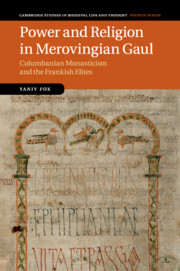



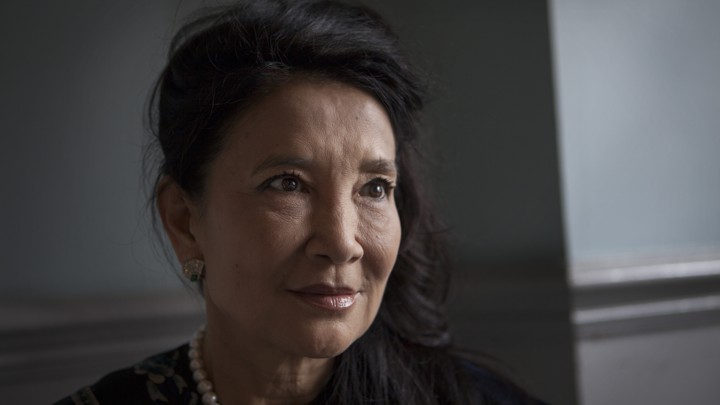

![The Battle For England: Women at war in Medieval England (Wars of the Magna Carta Book 1) by [Hernon, Austin]](https://images-na.ssl-images-amazon.com/images/I/51eiHCc1R8L.jpg)



